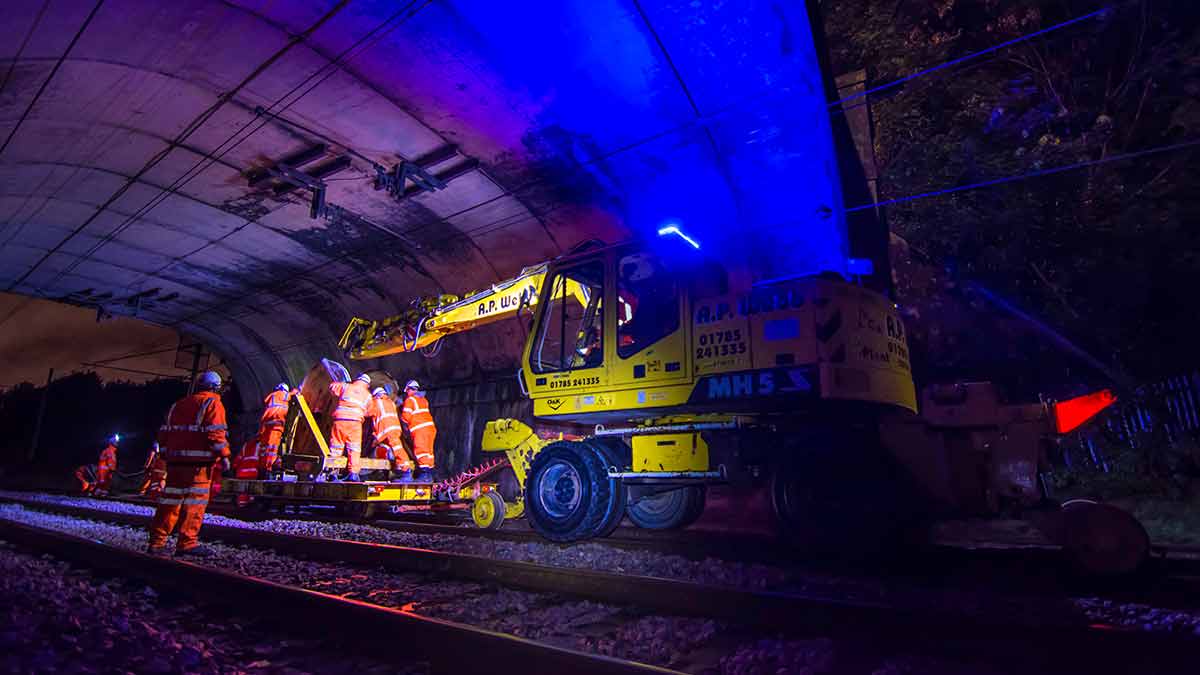kevconnor
Member
Not seen that this has been posted but may have been seen by others. For someone who works professionally in a comms roll these comments appear ill-advised and not very well thought through, especially in the current industrial relations environment.

 www.personneltoday.com
www.personneltoday.com

Network Rail: unions angered by ‘work harder at school’ comment
Network Rail communications director invites criticism after saying workers who want more pay should have worked harder at school.
 www.personneltoday.com
www.personneltoday.com
Network Rail: unions angered by ‘work harder at school’ comment
A Network Rail regional director of communications has told rail workers about to take part in a national strike ballot they ‘should have probably worked harder at school’.
Nicky Hughes has apologised for the remarks on an internal comms website. Network Rail said the comment was misconstrued but unions have reacted angrily.
She wrote that the high salaries of senior executives were a “lesson to those of us who should have probably worked harder at school”.
Union bosses had vowed to launch the “biggest strike in modern history” on the railways this summer in a row over job cuts and pay freezes.
Hughes’s intention was to defend high executive pay at Network Rail where Andrew Haines, chief executive, is one of the UK’s best-paid public servants with a salary of nearly £590,000.
She wrote on Yammer: “Yes, there are some people in our business who are on high salaries. We are a massive multibillion pound business, with complex finances, risks, governance, public and political scrutiny and we also have some of the UK’s biggest construction projects. Managing businesses like these are [sic] enormously complex and complicated… it’s certainly not a job I or many other people can do.
“That doesn’t mean senior managers and leaders are always right… far from it, but equally we should be fair and recognise that all businesses – public and private – compete for managers who have these skills and pay accordingly. It’s a lesson to those of us who should have probably worked harder at school.”
She added that “the alternative” to such pay inequality “is socialism where you don’t have pay differences like this”, noting: “Sadly again, there’s not much evidence of successful, fair and open socialist countries in the world who’ve managed to do this either.”
Transport Salaried Staffs’ Association general secretary Manuel Cortes said the post showed “how desperately out of touch the company’s fat cats really are”.
“It’s insulting to suggest that workers should’ve worked harder in school, rather than acknowledging the very real cost-of-living problems people suffer when their pay fails to keep up with inflation,” he said.
Rail, Maritime and Transport union general secretary Mick Lynch described it as “a desperate and futile attempt by Network Rail to dissuade our railway members from voting in this upcoming strike ballot”.
Hughes, director of communication for the Wales and Western region, later issued an apology, saying that she was “sincerely sorry”.
She said: “I’m very aware, as a single child of a single parent, who grew up on a tough council estate reliant on free clothing vouchers and free school meals, that life isn’t that easy or simple for a lot of people for many, many reasons.”
The RMT has said that Network Rail intended to cut at least 2,500 “safety-critical maintenance jobs” as part of a £2bn reduction in spending, while staff from the train operating companies have been subject to pay freezes, threats to their jobs and changes to their terms and conditions. The ballot opens next week and closes 24 May 2022.
Network Rail has said it would not consider “any changes that would make the railway less safe”.
Economists, meanwhile, are warning that economic conditions in the UK will worsen in the coming months as the country enters its worst “cost of living crisis” since the 1970s.
Passenger numbers on the rail system have recovered since the worst of the pandemic but are currently at around 70% of pre-Covid levels, leaving train bosses looking to recoup losses with cuts.
